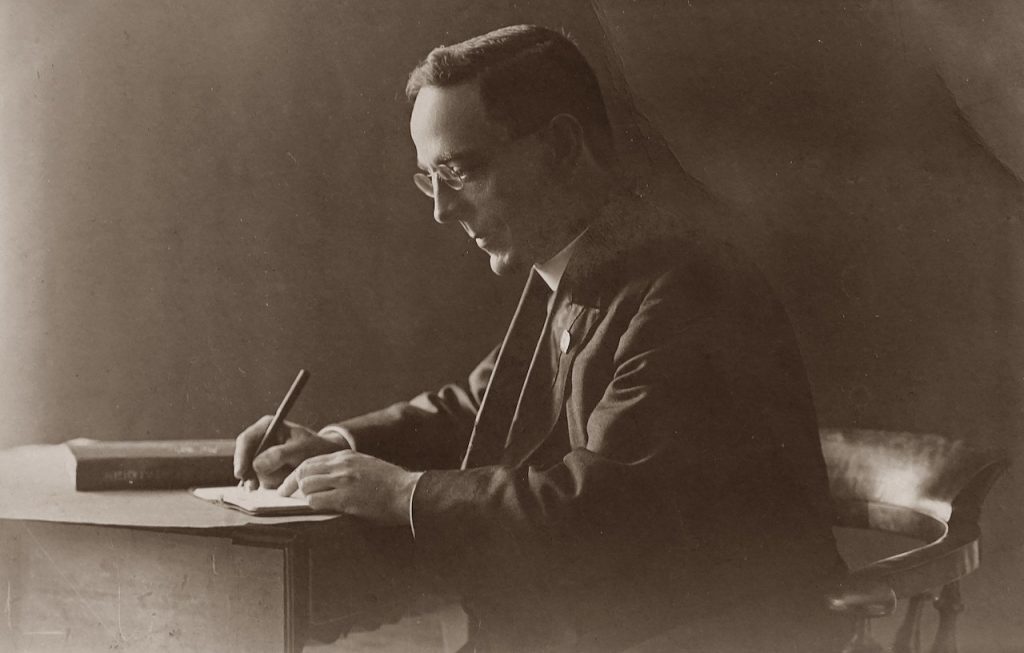Throughout history, the world has been graced with brilliant minds who have penned literary masterpieces that continue to captivate readers across generations. From timeless tragedies to enchanting romances, these famous authors have left an indelible mark on literature.
In this blog post, we embark on a literary journey to explore the lives and enduring works of some of the iconic authors who have shaped the literary landscape.
William Shakespeare (1564-1616)
Known as the “Bard of Avon,” William Shakespeare is arguably the most famous playwright and poet in history. His works have become a cornerstone of English literature, delving into universal themes of love, jealousy, ambition, and tragedy.
From the star-crossed lovers of “Romeo and Juliet” to the tormented prince in “Hamlet” and the ruthless Macbeth, Shakespeare’s characters continue to resonate with audiences worldwide.
Jane Austen (1775-1817)
Jane Austen’s novels are celebrated for their keen observations of society, witty humor, and strong female protagonists. Her works, set in the Regency era, remain beloved classics.
“Pride and Prejudice” explores themes of societal expectations and love, while “Sense and Sensibility” portrays the contrasting personalities of the Dashwood sisters. Austen’s enduring charm lies in her ability to capture the essence of human relationships and societal norms.
Charles Dickens (1812-1870)
A literary giant of the Victorian era, Charles Dickens’s works shed light on the social issues and hardships faced by the lower classes in 19th-century England. His novels, such as “Great Expectations,” “Oliver Twist,” and “A Tale of Two Cities,” are known for their rich characterizations and vivid depictions of Victorian society. Dickens’s storytelling prowess and heartfelt portrayals of human struggles continue to resonate with readers worldwide.
Mark Twain (1835-1910)
Mark Twain, the pen name of Samuel Clemens, is celebrated for his wit, humor, and social commentary. His most famous works, “The Adventures of Huckleberry Finn” and “The Adventures of Tom Sawyer,” are iconic tales of boyhood adventures on the Mississippi River.
Twain’s writing addressed social issues and challenged societal norms, making him a literary voice of his time and a beloved author for generations to come.
Virginia Woolf (1882-1941)
Virginia Woolf was a pioneer of the modernist literary movement, known for her innovative narrative techniques and exploration of human consciousness.
In works like “Mrs. Dalloway,” “To the Lighthouse,” and “Orlando,” Woolf delved into the complexities of human thoughts and emotions. Her experimental prose style and introspective themes continue to inspire readers and fellow writers alike.
F. Scott Fitzgerald (1896-1940)
F. Scott Fitzgerald is celebrated for his portrayal of the Jazz Age and the American Dream in the early 20th century. “The Great Gatsby” stands as one of the greatest American novels, exploring themes of wealth, love, and the pursuit of the unattainable. Fitzgerald’s elegant prose and poignant reflections on the human condition make him an icon of American literature.
George Orwell (1903-1950)
George Orwell was a master of dystopian fiction, with “1984” and “Animal Farm” as his most renowned works. “1984” depicts a chilling totalitarian regime, while “Animal Farm” serves as a political allegory. Orwell’s writings, characterized by their thought-provoking social and political commentaries, remain relevant in the context of modern society.
Gabriel Garcia Marquez (1927-2014)
Gabriel Garcia Marquez, a Colombian author, and Nobel laureate, is best known for pioneering the genre of magical realism. “One Hundred Years of Solitude” is a multi-generational saga that weaves enchanting tales of the Buendia family. Marquez’s storytelling prowess, infused with fantastical elements, explores the complexities of Latin American history, politics, and culture.
Conclusion
As we reflect on the legacy of these famous authors and their enduring works, it’s clear that their contributions have left an indelible impact on the literary world. But what does this mean for aspiring writers in today’s landscape? With the rise of self-publishing and the increasing accessibility of publishing platforms, there’s never been a better time to take inspiration from these great authors and explore our own storytelling prowess.
Through the captivating narratives and innovative styles of these writers, we can learn valuable lessons as we seek to self-publish our own book, enriching the literary world in our own unique ways. So let’s take a cue from Shakespeare, Austen, Dickens, Twain, and so many others, and continue to create works that inspire and captivate readers for generations to come.








